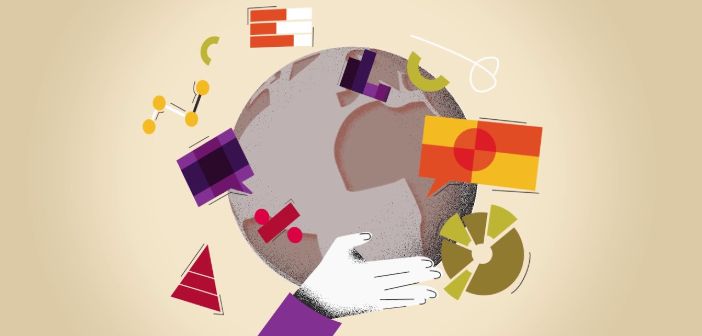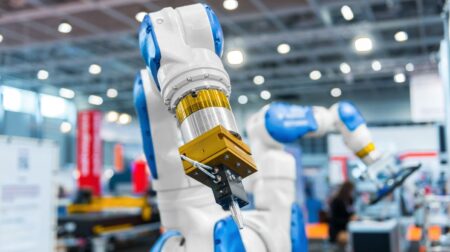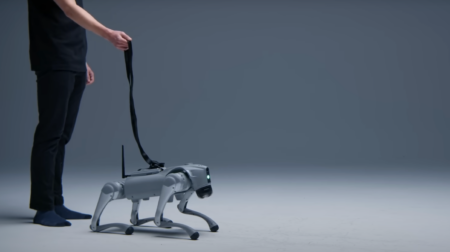The findings from 15 collective intelligence experiments has been published showcasing how machine intelligence can be combined with human to tackle a range of social issues.
The Collective Intelligence Grants Programme report, by Nesta’s Centre for Collective Intelligence Design, explores how AI-crowd interaction, better collective decisions, understanding the dynamics of collective behaviour, and gathering better data can be used to solve social problems.
One case study, which was part of a £500,000 grant scheme, saw Spotlab use serious games to train AI models for medical diagnosis. The experiment looked to discover if this experiment asked if citizens playing online games can be as effective as physicians in training AI models for diagnosing tropical diseases. It found that AI models trained on images annotated by both adults and school children can obtain similar results to ones trained on physician-based annotations, of around 93% accuracy.
A Samurai Labs test explored whether AI-based detection systems and humans could work together to reduce the levels of online harassment on Reddit.
While, the University of Bristol team built a swarm of 100 robots and tested whether the robots could help a crowd to reach inclusive and informed consensus by communicating opinion diversity. It showed that robot swarms can be used to engage people on challenging topics to diffuse and influence opinions. The robots also served as a prompt to launch conversations, and empower introverts to share opinions.
Kathy Peach, co-director at the Centre for Collective Intelligence Design, said: “We shouldn’t pit humans against machines, but rather design AI that improves our ability to cooperate with technology and each other, extending human intelligence rather than attempting to replicate it. It also highlights how we can involve diverse groups of people to help create more representative AI, as well as leveraging AI to overcome human biases.
“The Collective Intelligence Grant Programme report is a vital example of the research we need to undertake in order to better understand how best to combine these forms of intelligence and we need to ensure that investment is targeted at the right places to continue innovation in this field.”
The report recommends priorities for future research and experimentation within the field of collective intelligence. This included the need to establish better partnerships to ensure collective intelligence is done well.
It called for more research into how to effectively recruit participants and sustain engagement in experiments.
Furthermore, the report suggested targeted investment to fund innovation in tools for collective decision-making, with the need for practical experience to understand how best to integrate collective intelligence tools into established workflows.
It also wants to see further exploration to develop cooperative human-machine systems, as well as more research to design and test systems that enable positive collective behaviours.








